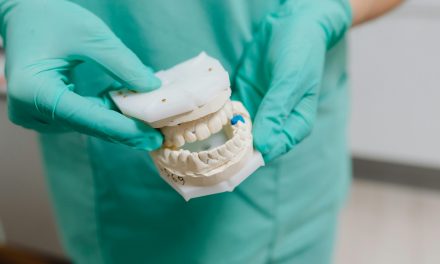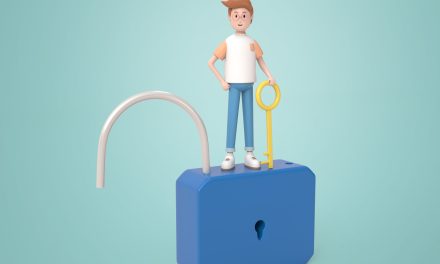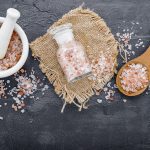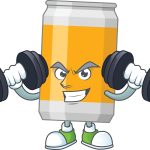Excess salt intake can cause many harmful conditions in your body. Go easy on the salt for better health
You’d be surprised at how many hidden salts there are in the foods we eat. And yet, a teaspoon of salt a day is pretty much our recommended daily limit – but most of us easily exceed that limit.
How much salt are you really consuming?
Salt is meant to enhance the flavour of food while also acting as a preservative. It contains chloride and sodium. Almost all unprocessed foods are low in sodium, including vegetables, fruit, nuts, meats, wholegrains, and dairy products. The salt we do consume helps muscles to relax and contract and assists in the transmission of nerve impulses, and the balance of minerals and water in the body.
If you season everything you eat with salt, you’re definitely consuming too much sodium during the day. Plus, sodium is already present in many foods we eat, so your salt intake may already be too high.
The Heart and Stroke Foundation South Africa (HSFSA) recommends a daily salt intake of no more than five grams, which is about one teaspoon of salt. This includes all sources of salt, what’s naturally present in foods, what you add during cooking, and what’s added in processed foods.
Excess salt intake can result in many harmful effects. Let’s take a look.
High blood pressure
Your kidneys are responsible for any changes in blood pressure. Too much salt makes it challenging for them to efficiently eliminate waste fluid. As a result: your blood pressure rises.
Water retention
Do you constantly feel bloated and puffy with swollen fingers or hands? This could, again, be triggered by excess salt. It happens because your kidneys need to maintain a specific sodium-to-water ratio in your body. To accomplish this, the kidneys retain extra water to offset the extra sodium you consumed. This increased water retention can cause swelling, especially in the hands and feet, and even add to the numbers on your scale.
Handy tip: weigh yourself the morning after a day of eating salty foods and you’ll notice you a side-effect of an extra kilo or two. That’s the bloating.
Constant thirst
Drinking enough water is always a win – but if you’re constantly thirsty and have a dry mouth – that’s a good indication you’re eating too much salt. As your body draws water from your cells, you may become extremely thirsty. Water can help to neutralise the salt in your body and refresh your cells.

Chronic fatigue
Feeling unusually tired or sluggish? It could be too much salt. Excess sodium makes your body retain water, strains your heart, and can disrupt your energy levels. Cutting back on salt may help you feel lighter, more energetic, and ready to tackle the day.
Frequent urination
Salt affects fluid levels in your body, bringing on extreme thirst, but once the thirst is satisfied, the body responds by sending you straight to the bathroom to help filter out the excess salt. So, if you’re peeing frequently throughout the day and drinking lots of water because you’re thirsty, salt could be the cause.
Craving salty food
When you become accustomed to the taste of salty foods, your body adjusts and adapts to the flavour, and you begin to crave more of the same satisfying flavour. Start reducing the amount of salt gradually by adding less, and when cooking use herbs instead.
Keep your salt levels in check:
- Choose fresh meats over pre-packaged ones.
- When buying frozen vegetables, look for those that are “fresh frozen” and avoid packets with seasonings or ready-made sauces.
- Compare the sodium content of the foods you buy by reading the labels.
- Look for spices and seasonings that are free of sodium.
- If you’re eating out, you can request that your meal be prepared without salt.
Images: Vecteezy



















